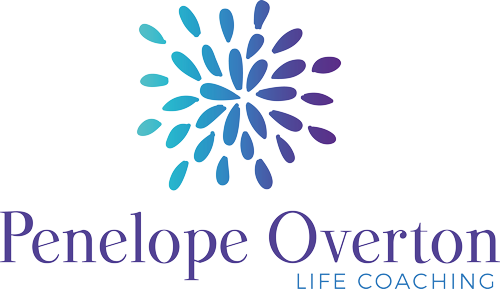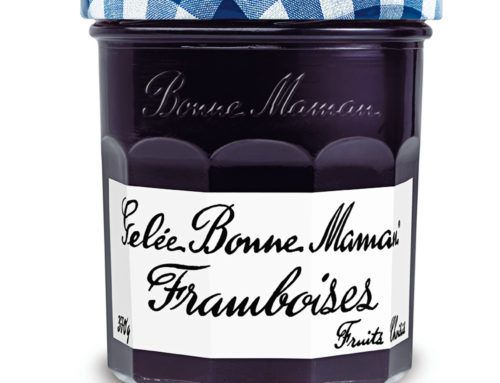Mediators make much of the value of apology in dispute resolution, but what does sorry mean and what should a mediator do with it?
Often, it is part of the training – a whole session on apology and how important it is to acknowledge it and make sure the other party has heard it. Indeed, it’s not usual for one or both parties to enter a mediation insisting on an apology, so when the inexperienced mediator hears that, they think – bingo – my job’s done!
I’ve always been uncomfortable with this, and occasionally criticized for failing to make enough of an apology. I’ve been trying to work out why. And I think I’ve got it. We can do an awful lot with sorry, some of it regrettable but not always regretful. Here are some examples:
The apology as barrier: One party kicks off the mediation by announcing he’s sorry, okay? Sorry for throwing the fridge over the fence, sorry for swearing at the neighbour, sorry for telling a friend you were a shoddy builder. The apology is delivered before any discussion. It might indicate regret and shame, but it’s more likely an attempt to forestall a detailed conversation about what really happened. “I’ve already apologized – what are we talking about it for?”
I’m sorry, but…: You know how when someone says it’s not about money, it’s about money; and when they say, with the greatest of respect, they mean let me tell you something, dumbo; and when they say it’s not about winning, it’s about winning. Well, this is the same. I’m sorry but means anything but I’m sorry
I’m sorry – isn’t that what you wanted to hear? This is sorry as magic word – a word that works all by itself. It’s the kind of sorry that a parent might extract from a recalcitrant kid for something conventionally antisocial – tedious, time consuming and totally missing the point. There aren’t any magic words in mediation; words mean what the speaker intends them to mean. Occasionally there are magical moments, though.
Sorry as PR Opportunity: We’re all familiar with this one. It usually relates to an atrocity that happened years before, sometimes hundreds of years; it usually follows an tireless struggle by an oppressed minority to be heard; it’s usually offered by someone who was not around, often not even alive, at the time of the wrongdoing. It is delivered by someone whose words have been combed through by an army of communication experts and it will receive prime time coverage
Sorry … sorry
Used like this, the word means I interrupted you, or I touched your arm by mistake as I passed by, or I’m genuinely embarrassed about my existence to which I’m drawing attention by apologising, and even for that I’m sorry. Harmless usually, except to the user.
Take That: Whatever I said, whatever I did, I didn’t mean it, I just want you back for good. Or, in other words, I can’t be bothered to find out what upset you, which means that I’m probably going to do it again but hey, come back anyway. Arguably the most annoying lyrics in the history of British pop music.
Genuine apology: I’m not saying there isn’t a place for genuine expressions of regret in mediation. A genuine apology can be the most profound and transformative moment in the process. Nor am I saying that when they are offered, the mediator shouldn’t acknowledge them. Sometimes that’s absolutely the appropriate thing to do. But it would be unusual for a genuine apology to come before the issues have been fully discussed. And that’s likely to be pretty near the end.
So let’s get back to the person that’s come into the mediation wanting an apology. Do they really want the word, or do they really want to have their story and situation, perceptions, feelings and needs, heard and accepted? And the price for that in mediation is that they must also willing to hear and acknowledge the story and situation, perceptions, feelings and needs of the other party. Sorry or not, that’s what mediation is all about.








